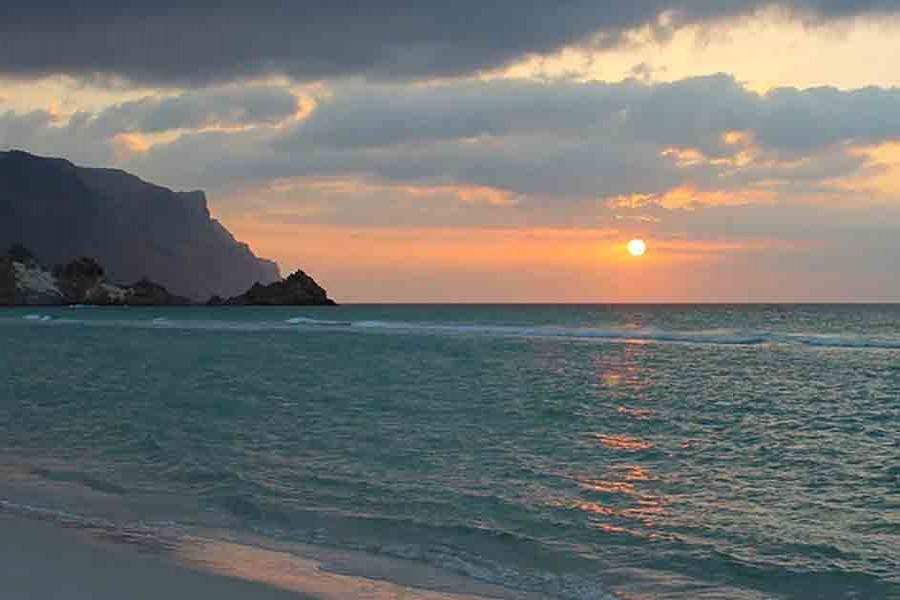Ever since the solution to the maritime boundary disputes with Myanmar and India, Bangladesh has gained in its territory. Although the territorial enlargement has been across the maritime zones, its value cannot be ignored by any means. Six years have passed since the boundary dispute in the Bay of Bengal with Myanmar was resolved. The last of the disputes with India got resolved when the Hague-based Permanent Court of Arbitration (PCA) awarded Bangladesh 19,467 square kilometres out of 25,602 sq km disputed area in July 2014. Four years on, now the country's foreign secretary speaks of the necessity of formulating an ocean policy. He raised the issue at a workshop titled, 'Blue Economy National Coordination'. It appears from his statement that the policy issue has not been taken seriously so far. Had it been even in an embryonic stage, the foreign secretary did not have to refer to the need for preparing one.
His definition of ocean policy as a new frontier of Bangladesh's foreign policy says it all. After six and four years of such remarkable victories on the international fronts, Bangladesh now mentions the need for a policy article. Why? The process should have been started immediately after the dispute resolution. At that time enough enthusiasm was on display but why did the ministries concerned sit on the issue without making a move towards devising a legal framework? The foreign secretary's view of the ocean policy can be qualified by replacing a few words. In fact, the sea is a new front of Bangladesh's economy. If this could be accepted as a reality, the urgency of formulating an ocean policy would have dawned on all concerned with renewed interest.
Bangladesh's energy and mineral crises have been weighing heavily on its economy. A small country with an oversize population, it may reap rich dividends from the sea. Experts have predicted that proper exploration can strike gas and oil in the sea bed. It was not for nothing that Myanmar and India staked claim to areas where the possibility of striking not only fossil fuel but also precious minerals is great. True, Bangladesh is not in a position now to start exploring those by use of advanced technology. But at least it can give shape to a legal framework for exploring such resources in the sea. Then comes the issue of collaboration with foreign companies, share of gas, oil or minerals when extracted. There is a whole range of legal matters that must be adequately dealt with.
Accepted that facilities for deep sea exploration are not available with the country but at least deep-sea fishing should not be beyond the country's reach for long. Such fishing is part of what is called 'blue economy'. The maritime territory gained is not accessible to trawlers, there is need for ships for the purpose. If such fishing can be made a regular practice for fishermen, the country can earn a sizeable amount of foreign exchange. Such exercises also demand a well orchestrated plan and this has to be backed by a policy framework.


